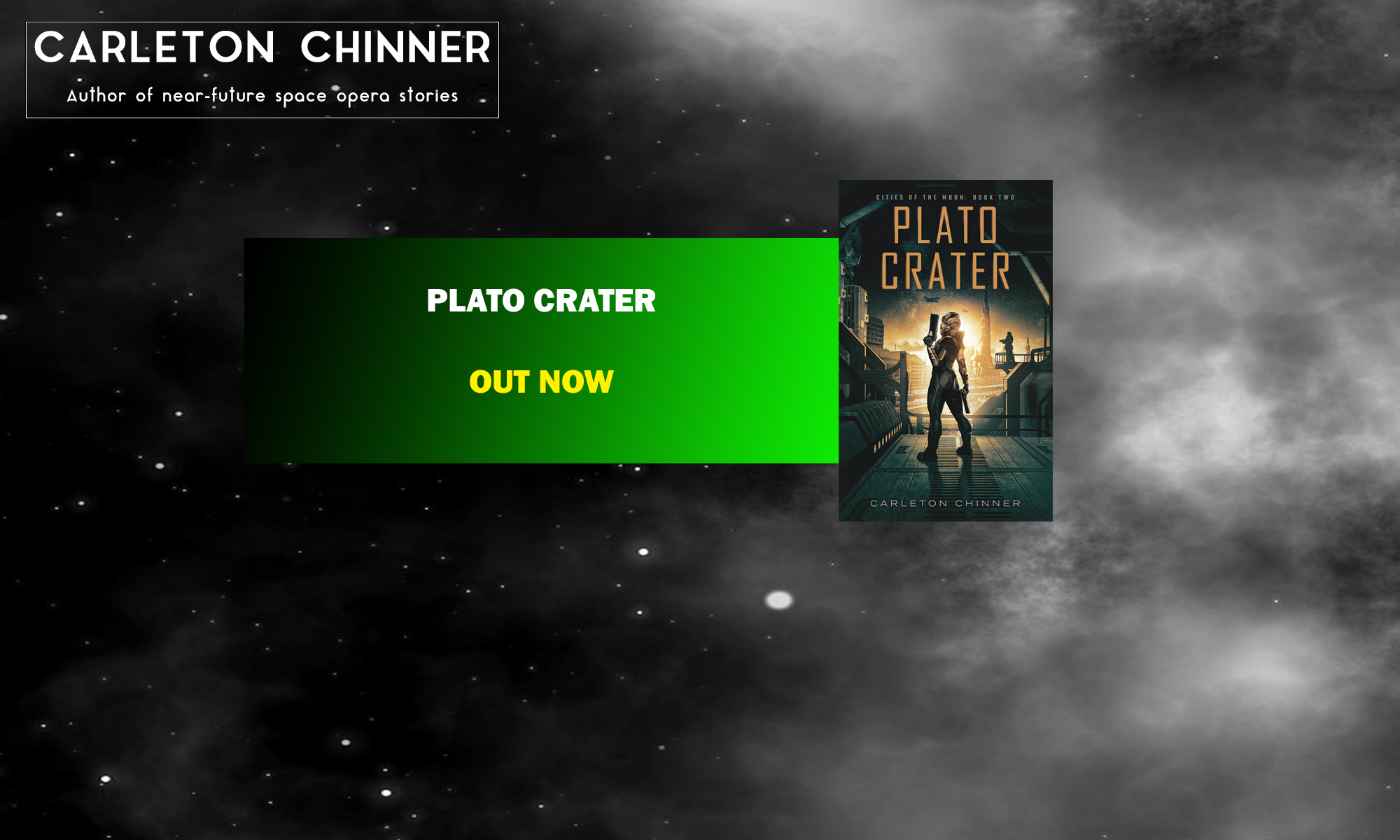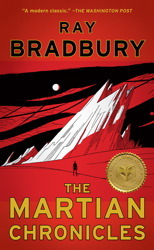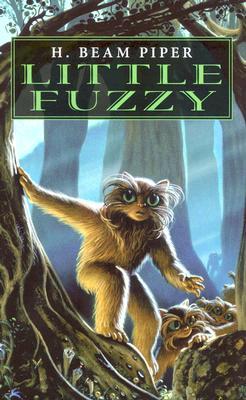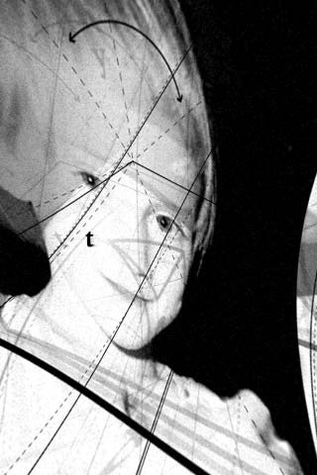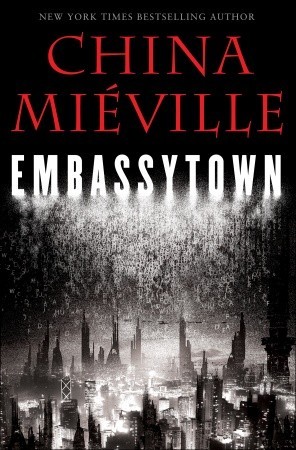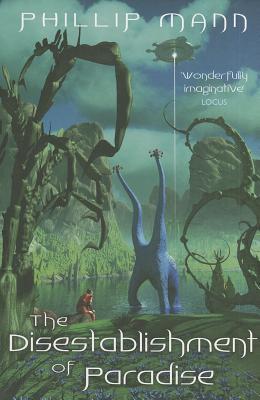
The Start to a Great New Series
Synopsis
Kalima, an Earth-colony world with little iron ore and no fossil fuels, is entrenched in a peaceful feudal society. The Jundom of Mamalakah is ruled by the ambitious Hanna Zah-Hill, wife of the Jun First. Deep in debt, she wants technological progress. But Mistress Li of Xintou House prefers to keep the status quo. And has the power to do so.
When Alere Connor – failed xintou-telepath but skilled swordswoman – is sent to act as mistress to Jun First Radan Zah-Hill, she unwittingly triggers a revolution against the House and against the throne. On his deathbed, Radan reveals the existence of a hidden iron deposit. With several factions vying for political domination of the Jundom, control of the iron would tip the balance of power.
Alere is accused of the Jun First’s murder and flees for her life. She must reach and warn the Jun Second, Rafi Koh-Lin, on whose lands the iron ore lies. If she fails,all-out war is inevitable – the first ever war in the seven hundred year history of Kalima.
On the way, Alere will uncover the old and bloody secret of her own existence; the reason for her failure as a xintou-telepath; and unlock and even darker future for herself and her companions.
But only if she survives.
Review
I am a big fan of believable fantasy that provides breathtaking glimpses of another world, and Iron certainly did not disappoint. Alere Connor, the main character, lives in a feudal kingdom founded centuries ago by settlers from distant Earth. Iron is terribly scarce on this world and the settlers have used this to create a society that avoids full-scale war at all costs. For most of the first half, the plot will keep you guessing as Alere’s life takes one unpredictable turn after another. After that, the story settles into a more conventional, but still riveting, quest to prevent the first war from breaking out.
Kalima, as an Earth colony, is perfectly normal one moment and so alien the next. Pets are small, feathered reptiles, wagons are drawn by lumbering beasts, and wild roc eagles big enough to take humans prowl the sky.Behind it all the shadowy telepaths of Xintou House hold a frightening amount of power apart from the thrones of the Jundoms.
Flinthart is a master of writing fight scenes from a woman’s perspective. Alere is not some mystical superhero, but a very real person who must use all her wits and the skills she has learned to stay one step ahead of her enemies. There are some wonderfully deft scenes where the more traditional sword and sorcery battles are replaced by much smarter action. The number of battles and their consequences provide an overall theme of sacrifice for the greater good that I felt may have been slightly overused. Poor Alere never gets a break from the privations she must endure, leaving this reader wishing she could do something the easy way just once. However, this does not detract from the overall enjoyment of reading this book and cheering for Alere in every encounter.
Iron is overall, a wonderful rollercoaster ride of conflicting emotions, that draws the reader through to a spectacular climax that is at once as personal as it is brutal. I look forward to reading the rest of the Kalima trilogy when it is released.
Five Stars
This review first appeared in the Aussie Speculative Fiction Review
Connect with the publisher
Connect with the author
Follow Aiki on Facebook
